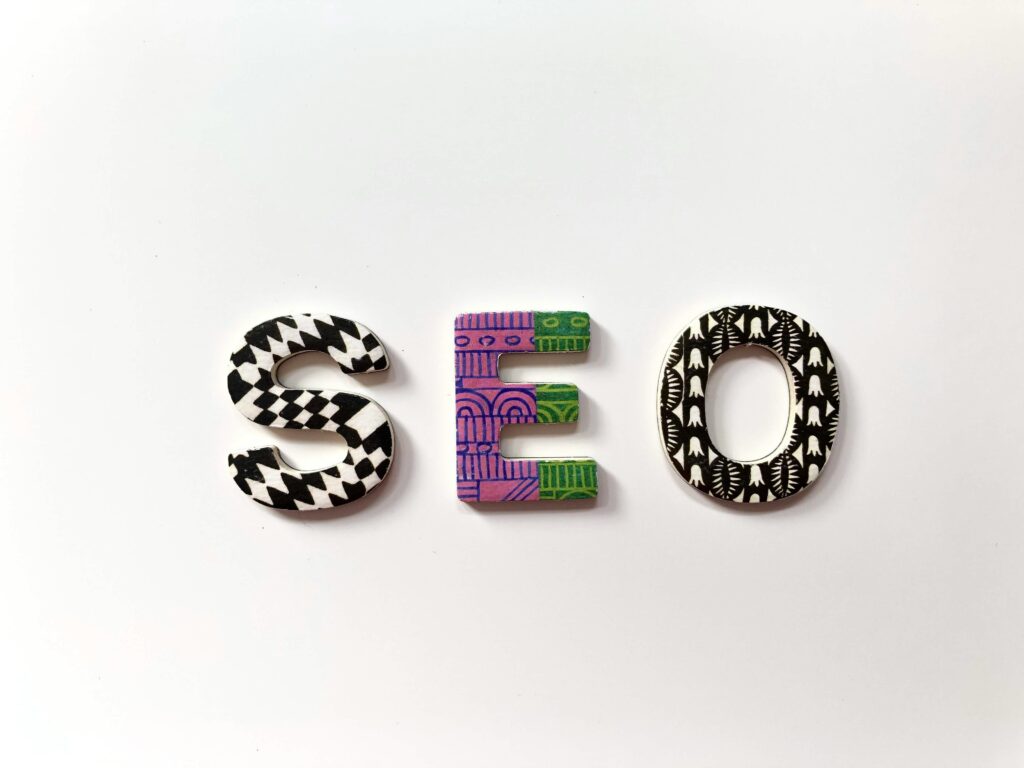When marketing your small business, you want to utilise the free avenues you have available, and have the first idea about how to use the paid ones. In this article, we’ll be focusing on actionable digital marketing strategies, giving your small business the best chance of growth and sustainability.

Building a strong online presence
If your business doesn’t have a home online, it’s something of a non-starter. We’re all making buying decisions from our sofas, whether you’re a local plumber, or a multinational cosmetics brand. Your first port of call should be a website, complete with a user-friendly design, optimisation for mobile (over 50% of browsing is done on mobile devices), and fast page loading speeds – if your website doesn’t work well, users will simply move onto a competitor. Think of your website like your online shop window – make it as appealing as possible!
On that website, you should be regularly uploading content, usually in the form of a blog – this will allow you to demonstrate your expertise, explaining nuances of your industry or products that build trust with your users. You can also use these blogs as fodder for your social media marketing – more on that later.
Search Engine Optimization (SEO)
‘Build it and they shall come’ is not the attitude you should take once your website is ready; it needs to be made as available as possible. Ideally, you want to be showing up on Google searches being made by people who are actively looking for what you do, so alongside a website that stops their search in its tracks, you’ll need to run a Search Engine Optimisation (SEO) strategy too.
SEO gets your website found in Google searches by finding and including key words and phrases in your website content. It also involves improving page loading speeds, writing SEO content that’s helpful and authoritative, earning links back from other reputable websites, and, if your business operates within a certain area, getting your site seen by people locally.
Social media marketing
It’s become a noisy place to be, but it’s one in which you cannot afford to stay silent; social media marketing is here to stay. It’s changed since its inception, swaying more towards paid advertising and collaborations with ‘influencers’ but it’s still a way to reach the audiences that want or need what you offer.
To get started, choose the right platform for your business – where do your people hang out online? This could be Facebook, Instagram, or even TikTok. Then, you need to create engaging content. This could be through visuals and videos, storytelling, and interactive content – a combination of all of these is recommended.
Don’t just post and run though; stay consistent, posting and engaging regularly, and looking into paid advertising using these platforms if you have the budget to do so.
Email marketing
Appearing in the inboxes of your customers is an opportunity you can’t afford to waste, so prioritise building and segmenting an email list, and crafting effective campaigns that make clicking through to your website a no-brainer. This includes personalising your emails, carefully putting your subject lines together, and including clear calls to action to let the reader know what they should do next. Platforms like Mailchimp make email campaigns so much easier.
Don’t forget to analyse your campaign performance, so you can learn and improve with every email.
Section 7: Content Marketing
Content marketing can be instrumental in building brand authority – but what do we mean by it? Content marketing involves connecting with your audience through content you create – this could be blogs, articles, podcasts, videos etc. These are ways to demonstrate your expertise, building trust with your audience, increasing their awareness of your brand, with a view to converting them into paying customers. You should leave them in no doubt as to how they will benefit from investing in you.
Give some thought also to your content distribution strategies – this includes social media, your email newsletters, and even guest posting with online creators within your sphere.
A word on analytics
A lot of the above will be futile if you don’t track and analyse your efforts – the first part of marketing your small business is educated trial and error, but it should then move into data driven decisions. This means monitoring key metrics, such as website traffic, conversion rates, social media engagement, and email opens/click throughs. You can use analytics software such as Google Analytics to make this easier.
To conclude
Marketing your small business will always be a work in progress, but if you can nail down some direction to start with, you’re more likely to see an upward trajectory as a result of your efforts sooner rather than later. Monitor, tweak, and optimise, and don’t forget to keep an eye on how marketing trends evolve within your sector.

